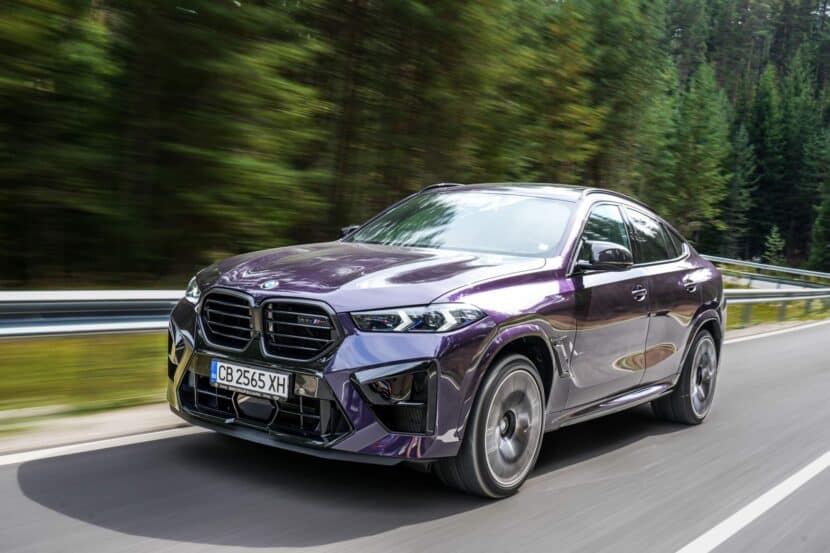On the day you became a BMW owner, you knowingly committed to owning a premium car and the maintenance costs that come with it. But there’s a difference between being a responsible owner and mindlessly spending money on unnecessary items just because they’re assumed to be “premium.”
A great example of this is fuel. While it’s commonly assumed that the performance heritage of your Bimmer’s engine grants it the right to sip only the finest gas, the truth is that in most BMW cars, you can get away with running regular and save a few pennies doing it.
So how can you tell if your car qualifies, and what are the tradeoffs involved? Read on and learn, Bimmer brother!
We Don’t Need No Stinkin’ Octane!
To understand the pros and cons of premium fuel, you must first understand what makes it premium. Most regular fuel has an 87 or 88 octane rating. Premium fuel has a higher octane rating — 93 in most states or 91 in California, where God hates gearheads.
This rating is derived from the stability of the fuel. A lower-octane fuel will combust under less pressure than a higher-octane fuel. This makes high-octane fuel better for engines that create higher cylinder pressures during the combustion cycle. We call these “high-compression engines” for obvious reasons, and while some BMW engines do use very high compression, not all of them do.
The Risks of Low Octane
What’s the big deal with fuel combusting under lower pressure, then? In a word: detonation. Detonation is the term used to describe a situation where the mixture in your cylinder combusts before a spark is introduced. The result is that engine components that want to rotate in a very specific fashion, and that are already subjected to very extreme forces, are subjected to forces in the opposite direction.
This is bad. When it happens, we call it a “ping,” or — if the forces are strong enough to force the connecting rod backwards into other components — a “knock.” Knocking is extremely hard on your engine, but luckily, humans have been building engines for long enough that we’ve engineered some clever ways to avoid it.
Why Most BMWs Can Run Low-Octane Fuel
The way engineers help you avoid pings and knocks is by using an octane sensor. This sensor detects the type of fuel you’re running and retards the spark timing in your engine so there’s little to no risk of detonation if fuel might be less stable than recommended.
The presence of this sensor in most cars built later than 1996 means that, if your car was built later than that year, you can run regular fuel without much fear of damage to your engine. The only possible exception would be that under heavy load, for example, and while pulling up a steep hill, you might still experience detonation, but mild detonation is not as detrimental as a full-blown knock.
This is not to say that you get all the benefits of premium fuel while running a lower octane. Retarding spark timing means your engine won’t run its best, and you’ll probably experience a slight dip in power.
Which BMWs Suffer Most From the Cheap Stuff?
While any engine might make less power burning low-octane fuel, the effect is magnified in boosted cars and the high-compression engines we mentioned earlier. So how can you tell if you own a car with a high-compression engine?
Generally, BMW M cars fall into one of these two categories. The fabled e39 and e46 cars from the early 2000s each featured 11.5 to 1 compression, which is some of the highest found in a street car. BMW recommends only using premium in these cars, as with all their cars, but it’s models like these where you’ll feel the effects most. Sorry, M owners, but that extra gusto comes at a price.
Choose at Your Own (Small) Risk
The fact remains: technology has mostly mitigated the threat of major damage from running low-grade fuel. Ultimately, you have to decide what level of risk you’re comfortable with.
Standard BMWs are at a minimal risk of damage and even very high-performance cars probably have the technological wizardry to adjust at the cost of horsepower. How acceptable a potential ping is in your Bimmer is something each owner must decide. And so your engine’s fate lies in your gas pump-wielding hand. Choose wisely!




































































